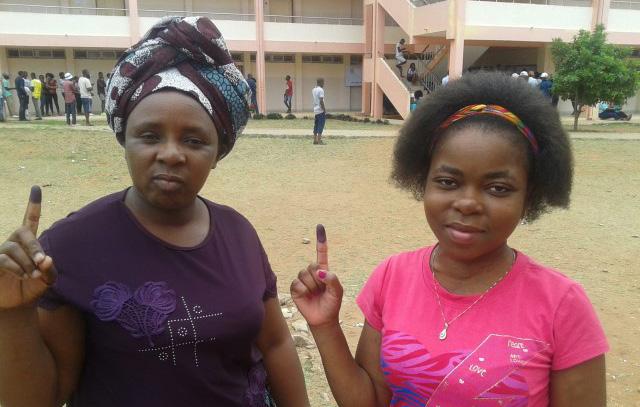Tolerance Unfolds Good Reality Keith Banda ability and become brute animals. Failure to reflect has indeed destroyed many great societies and their institutions. The blame game, rushed decisions, impromptu responses, and more so, violent reactions instead of critical reflections on the reality of things can construct wide gates leading to an eventual collapse. Good life within a society is a reality, which needs to be developed. But it is tolerance that leads to progress, and the birth of genius through the beneficial exploration and responsible use of human talents in society and over the environment. Tolerance in this context demands the absence of bigotry. It is the acceptance of or patience with the beliefs, opinions or practices of others (Oxford Dictionary). Reality is the bearer of truth. We tap from it whatever it is that we claim to know. So
The major interest in the study of
metaphysics is with the first principles of things; principles which underlie reality and the truth about things. Let me share with you just a few ideas from metaphysics applicable to intolerance in Zimbabwe. In his book on metaphysics Aristotle writes that ‘all human beings by nature desire to know.’ The channel towards knowledge is questioning, which is the starting point for all inquiry. This is unlike reckless or careless questioning, but a rational pursuit of knowledge. Why is questioning important and useful? Because every rational question is a question about reality or ‘being’, and the transcendental qualities of being which are truth, goodness, unity and beauty. In any case, the human person is a metaphysical being who aspires for the realization and enjoyment of these qualities within oneself and with others. Human societies have to evolve to their
it can be simply asserted that “… what is full potential by overcome imperfections
real is true … is factual” (Gardener, 2004,
by striving for the good. Seemingly,
5). It is not artificial (chidhura). Hegel says
questioning assists in approaching the
that what is real is rational, and what is
good. In Book 1 of the Nicomachean
rational is real. Hence, if someone tells a
Ethics Aristotle relates to this matter
lie, the shallowness of the falsehood can be
in the statement: “Every act, every
established, for a lie is a claim about what
enquiry, and similarly every action and
is not real.
choice is thought to aim at some good at
The unfolding of reality as a pursuit of
which all things aim”. Questioning is a
knowledge in the intellectual and practical
rational act, and as an act it aims at some
dimensions is important for social,
good. This act, annoying as it might be,
political and economic development.
demands tolerance.
We cannot develop unless we are keen
The ancient Greek philosopher, Socrates,
to open horizons through questioning:
is renowned for having said: “An
“Every question presupposes certain
unexamined life is not worth living”
things. … we can ask questions only if
(Plato Apology 38a 5-6). How can one
we know something already about the
examine life without questioning? It is
object of inquiry. Hence the possibility
impossible. There is no way to make
of the question contains two elements:
progress without questioning, not
the possibility for a question to be asked
necessarily in order to dismiss already
(because we know enough to ask a
accepted knowledge, but to remain open
pertinent question); the possibility of
to the truth.
asking the question we do not know the
It is in the nature of human beings to
answer as yet.” (Coreth, E. Metaphysics,
reflect and yet they can misuse this
1985, 53) The good act of posing rational
Mukai - Vukani No.78 | October 2020 |
4










